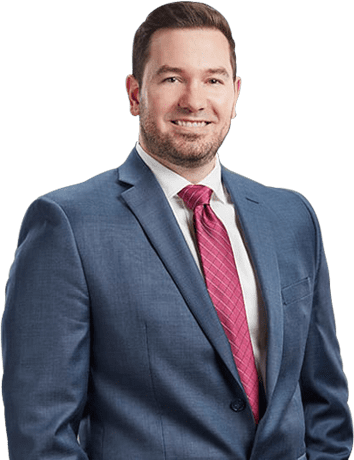Obtaining Compensation for Personal Injuries in Commercial Buildings

Elevator accidents and falls are among the most common injuries in commercial buildings. These incidents usually cause head injuries and other wounds that are difficult to diagnose and treat. Furthermore, most group health insurance plans exclude injury-related costs. So, a commercial building injury victim might not get the treatment s/he needs and could get stuck with huge medical bills that most families cannot possibly pay.
A Carlsbad personal injury lawyer helps victims obtain the treatment they need when they need it. Attorneys connect victims with doctors who know how to diagnose and treat injury-related conditions. Usually, these doctors charge nothing upfront. The medical bills must be paid eventually. So, an attorney works hard to obtain financial compensation in court.
Workers’ Compensation
If the elevator accident or other injured victim was an employee, workers’ compensation usually applies. Available no-fault benefits include:
- Lost Wage Replacement: Usually, workers’ compensation pays two-thirds of the victim’s average weekly wage for the duration of a temporary or permanent disability. If the injury is fatal or the disability is permanent, a San Marcos personal injury lawyer normally works with accountants and other such professionals to determine lost wage compensation.
- Medical Bill Payment: California has one of the highest per-day average hospital costs in the country. Workers’ compensation pays more than hospital bills. In most cases, this benefit applies to all expenses at every phase of medical treatment, from transportation to a hospital to the last day of physical therapy.
For the most part, workers’ compensation is no-fault insurance. Full benefits are available even if the victim was entirely responsible for the injury, as long as that injury was work related. A few limited defenses may apply in some cases.
Many victims can bring injury claims in civil court and obtain additional damages, mostly compensation for emotional distress and other noneconomic losses. Likewise, if the employer was uninsured for whatever reason, the civil option is available.
Property Owner Negligence
Employers have a legal duty to provide safe and secure workplaces. Roughly the same duty of care applies to property owners in general. In California, the extent of this duty of care varies according to several factors, such as:
- Nature of the business or residence,
- Property’s location,
- Likelihood of commercial or social visitors,
- Probability of serious injury,
- Cost of preventing serious injury, and
- Owner’s knowledge of the injury-causing hazard.
In an elevator accident claims, all signs point to a high duty of care. Most businesses depend on foot traffic, and vendors and other such people come to the business pretty much every day. Furthermore, the possibility of a serious injury is very high.
Quite often, an elevator accident case comes down to the owner’s actual or constructive (should have known) knowledge of the hazard.
Direct and circumstantial evidence is admissible on this point. Direct evidence smoking guns include prior injury reports and safety evaluations. Circumstantial evidence usually centers on the time-notice rule. Owners should know about long-lasting hazards and should do something to prevent injury.
The burden of proof is only a preponderance of the evidence (more likely than not). So, a little proof of knowledge goes a long way.
Count on a Dedicated San Diego County Lawyer
Injury victims are entitled to substantial compensation. For a free consultation with an experienced personal injury lawyer in San Marcos, contact the Pursley Law Firm. We routinely handle matters throughout the Golden State.

